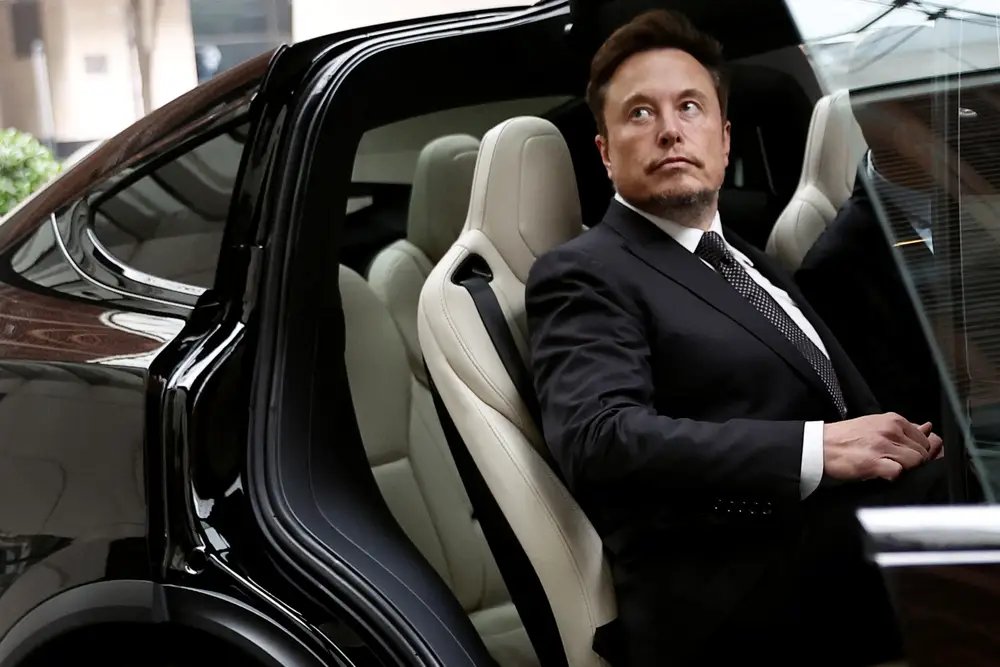Tesla, the leading electric vehicle (EV) manufacturer, has been at the forefront of innovation in the automotive industry. However, its trajectory is significantly influenced by its CEO, Elon Musk, and his interactions with the US government. Musk’s influence extends beyond just business strategies; it impacts regulations, market dynamics, and even geopolitical considerations. This article explores how Tesla’s fate is shaped when Musk intervenes with the US government.
## Elon Musk’s Influence on Tesla’s Growth
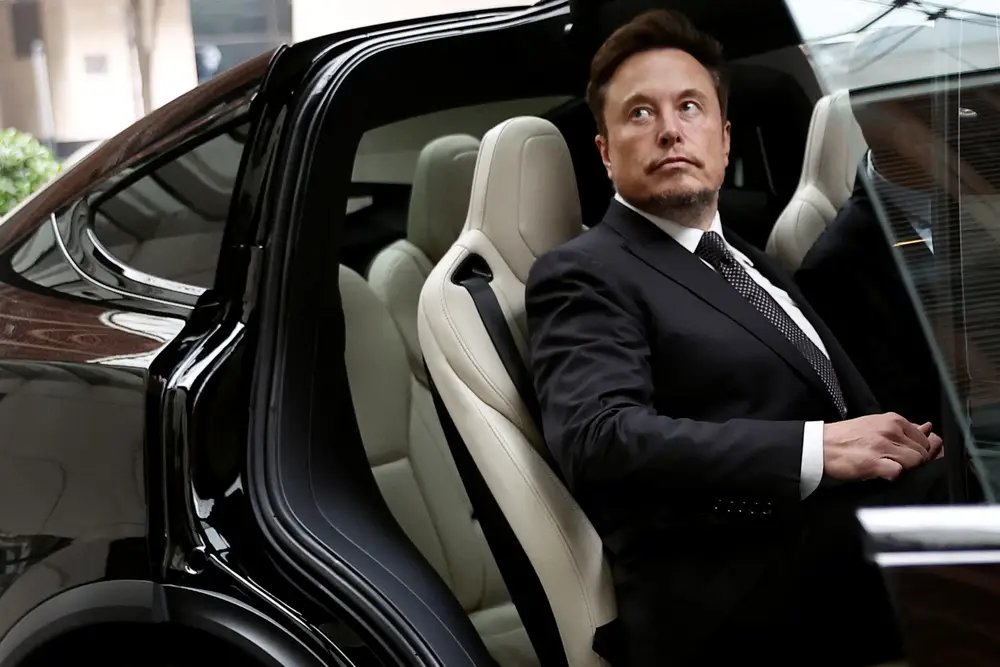
Since its founding, Tesla has grown exponentially, driven by technological advancements and Musk’s ambitious vision. However, government policies on subsidies, tariffs, and EV incentives have played a crucial role in Tesla’s expansion. Musk’s ability to negotiate and advocate for favorable policies has often determined Tesla’s market standing.
### Federal EV Incentives and Policy Adjustments
The US government has provided substantial subsidies and tax incentives to promote EV adoption. Tesla benefited from the federal tax credit program, which initially provided buyers with a $7,500 incentive. However, once Tesla surpassed 200,000 vehicle sales, these incentives phased out. Musk has frequently engaged with lawmakers to push for reinstating or modifying these policies to maintain Tesla’s competitive advantage.
### Infrastructure and Charging Networks
Tesla’s Supercharger network is a key factor in the brand’s success. Musk has worked closely with government agencies to secure funding for EV infrastructure expansion. The Biden administration’s push for a national EV charging network aligns with Musk’s goals, allowing Tesla to access government funding and expand its charging network to support its growth.
## Regulatory Challenges and Government Intervention
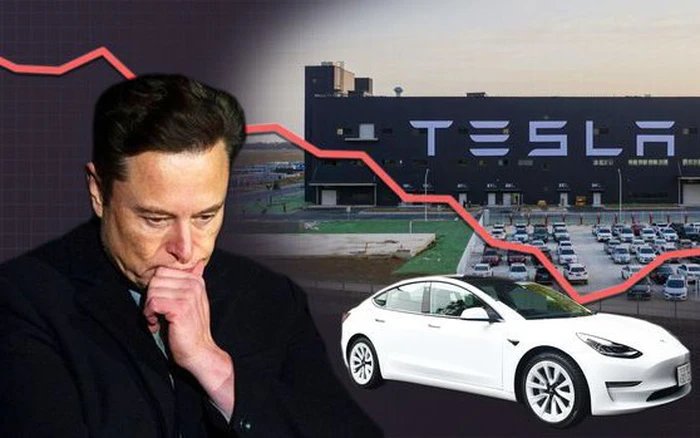
While Musk has leveraged government support to Tesla’s advantage, he has also clashed with regulatory agencies, affecting Tesla’s operations and stock performance.
### National Highway Traffic Safety Administration (NHTSA) Investigations
Tesla’s Autopilot system has faced scrutiny from the NHTSA due to reported accidents. Musk’s direct involvement in defending Tesla’s technology has led to regulatory battles, influencing Tesla’s stock value and public perception. Any government restrictions on Tesla’s self-driving technology could significantly impact its future developments.
### Securities and Exchange Commission (SEC) Disputes
Musk’s outspoken nature on social media has led to conflicts with the SEC. His tweets about Tesla’s stock price and potential privatization have resulted in legal challenges. Such incidents create volatility in Tesla’s stock and regulatory uncertainty that affects investor confidence.
## Geopolitical Considerations and Trade Policies
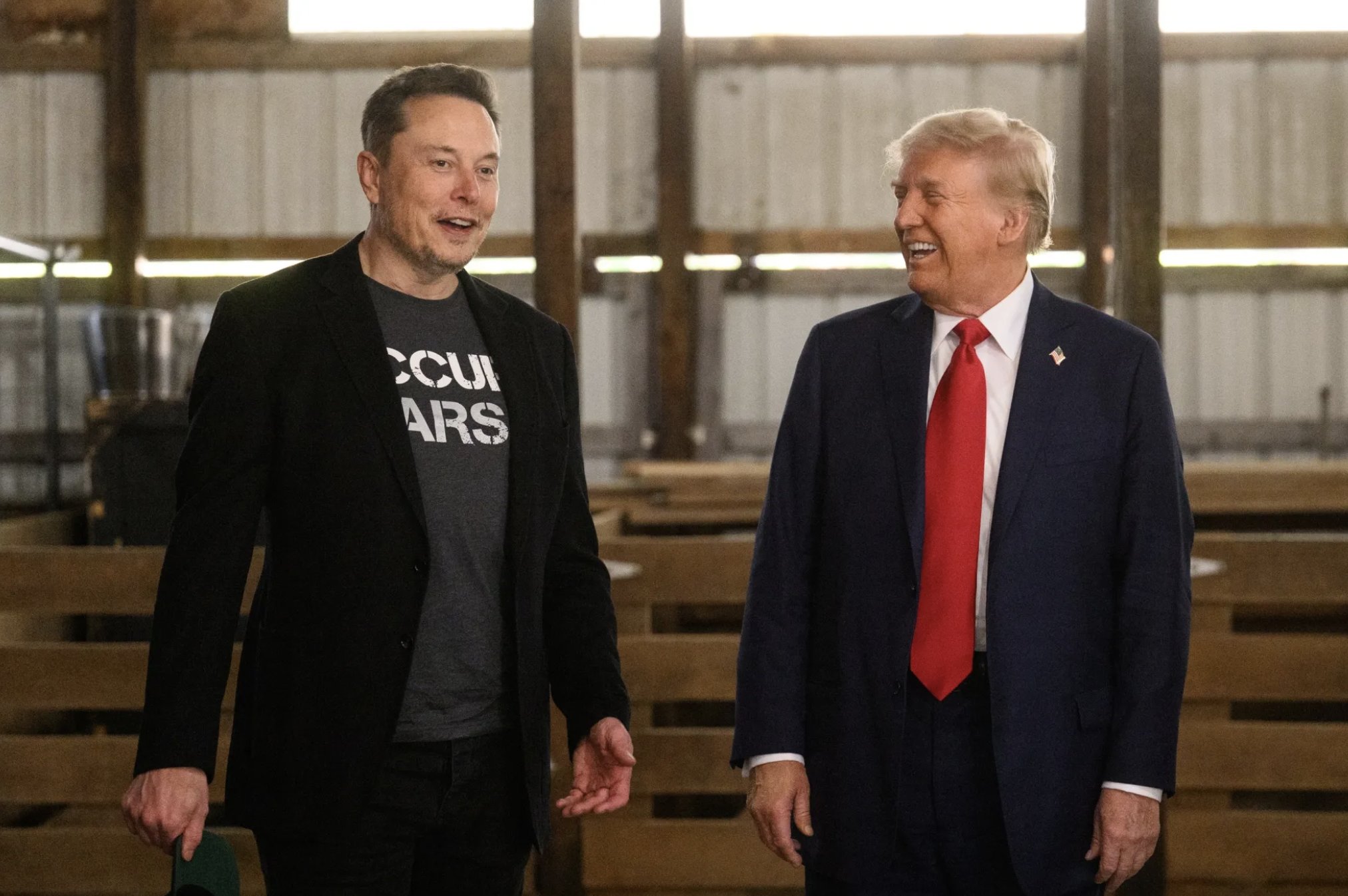
Tesla’s global presence requires careful navigation of US trade policies. Musk’s direct engagement with the government has been instrumental in shaping Tesla’s international operations.
### China Relations and Tariffs
China is a crucial market for Tesla, housing its Gigafactory in Shanghai. US-China trade tensions have led to tariff uncertainties that impact Tesla’s profitability. Musk’s diplomatic efforts, including meetings with Chinese officials, have helped Tesla maintain favorable terms in China.
### US Manufacturing and Government Support
Tesla’s expansion of manufacturing facilities in the US, such as the Gigafactory in Texas, aligns with the government’s push for domestic EV production. Musk’s interventions have secured tax benefits and government support, ensuring Tesla remains competitive against both domestic and foreign automakers.
## The Political Landscape and Its Impact on Tesla
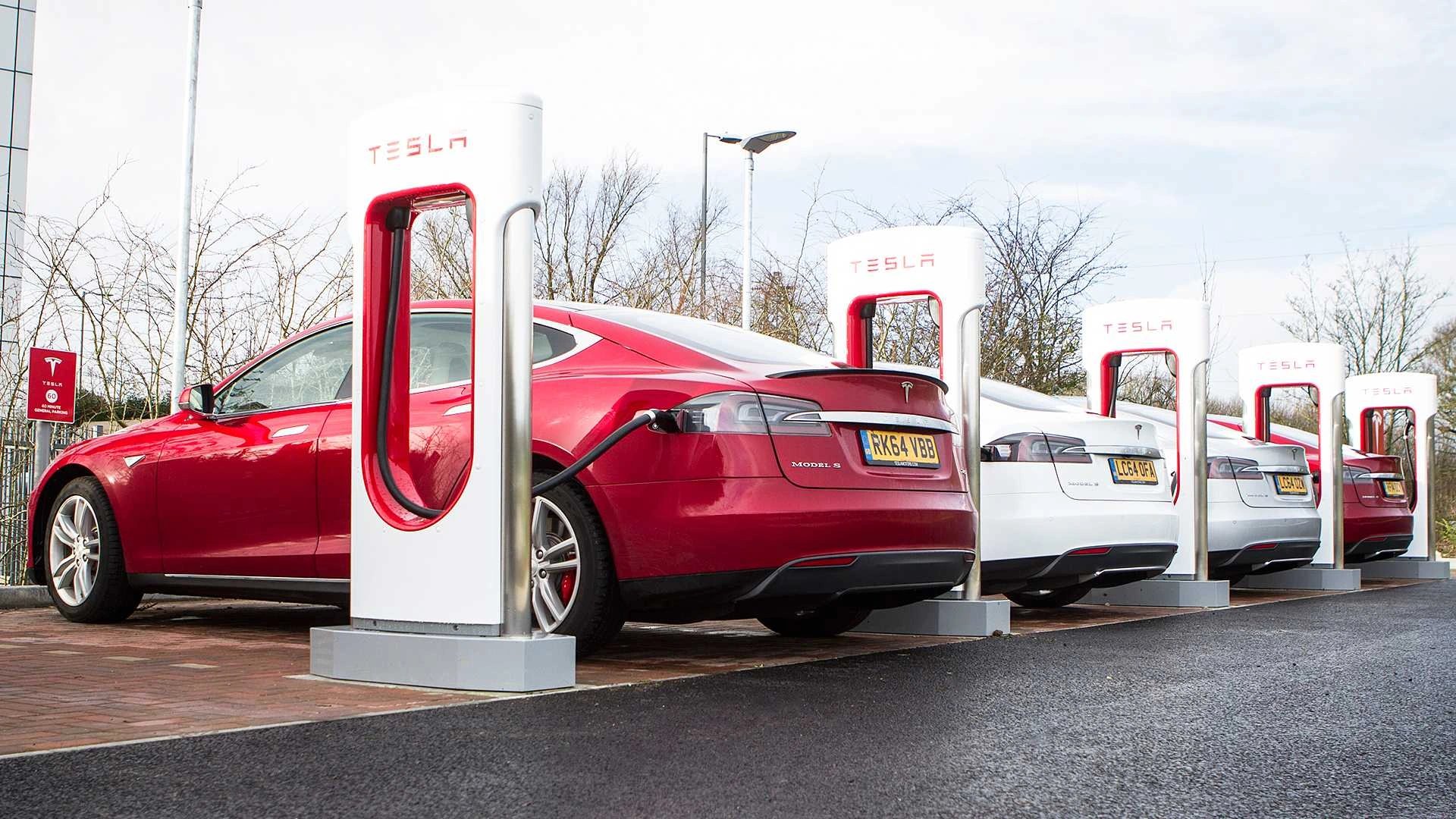
Musk’s interactions with the US government extend beyond business negotiations. His political statements and affiliations influence Tesla’s market perception and regulatory treatment.
### Relationship with Different Administrations
Tesla’s relationship with the government varies based on political leadership. During the Trump administration, Musk served as an advisor, although he later distanced himself due to policy disagreements. Under the Biden administration, Tesla has faced challenges in gaining public endorsements despite being a market leader in EVs. Musk’s political stances often shape Tesla’s regulatory environment.
### Influence on Climate Policies
Tesla is a key player in the transition to clean energy. Musk’s advocacy for sustainable policies has led to government initiatives that benefit Tesla, such as stricter emissions regulations and increased funding for green energy projects. However, his stance on issues like carbon credits and competition from other EV makers can lead to policy disputes.
## The Future of Tesla Amid Government Interventions
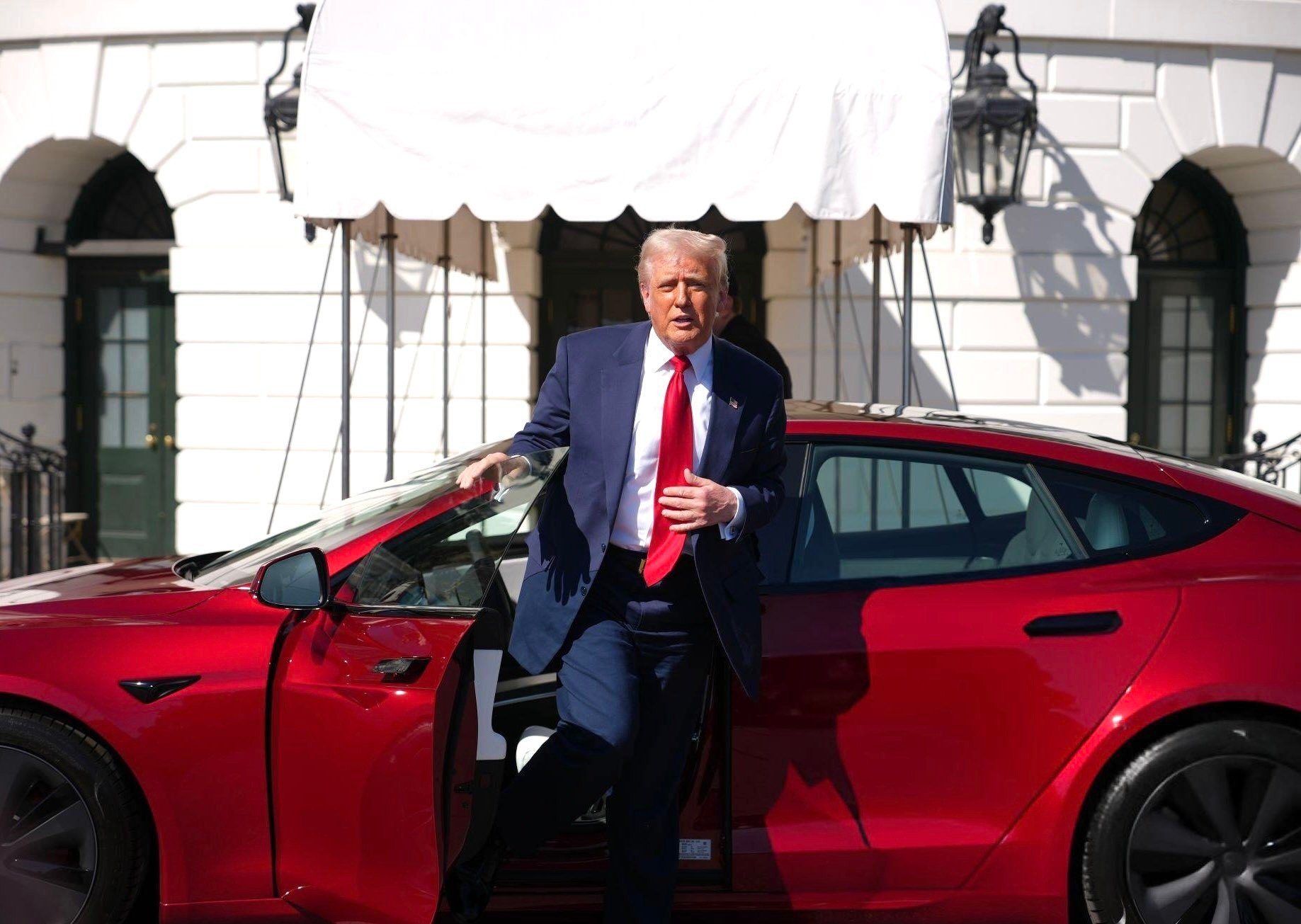
Tesla’s future remains intertwined with US government policies and Musk’s influence. Several factors will determine how Tesla navigates regulatory and political challenges.
### Advancements in Autonomous Driving
Government regulations on autonomous vehicles will be crucial for Tesla’s Full Self-Driving (FSD) system. Musk’s lobbying efforts will likely shape policies that determine how quickly Tesla can roll out fully autonomous cars.
### Expansion into Energy Sector
Tesla’s ambitions extend beyond EVs, with its energy division focusing on solar panels and battery storage. Government incentives for renewable energy will play a vital role in Tesla’s success in this sector. Musk’s engagement with policymakers could secure Tesla a dominant position in the clean energy market.
### Stock Market and Investor Confidence
Regulatory scrutiny and Musk’s public statements directly impact Tesla’s stock performance. Government actions, including potential antitrust investigations or increased EV subsidies, will influence investor sentiment and Tesla’s valuation.
## Conclusion
Elon Musk’s interventions with the US government significantly shape Tesla’s fate. From securing subsidies and influencing regulations to navigating geopolitical challenges, Musk’s strategic engagement plays a pivotal role in Tesla’s success. As Tesla continues to innovate and expand, its relationship with the government will remain a key factor in its growth and sustainability. Investors, consumers, and policymakers alike will closely watch how Musk’s influence unfolds in shaping the future of Tesla electric cars.
